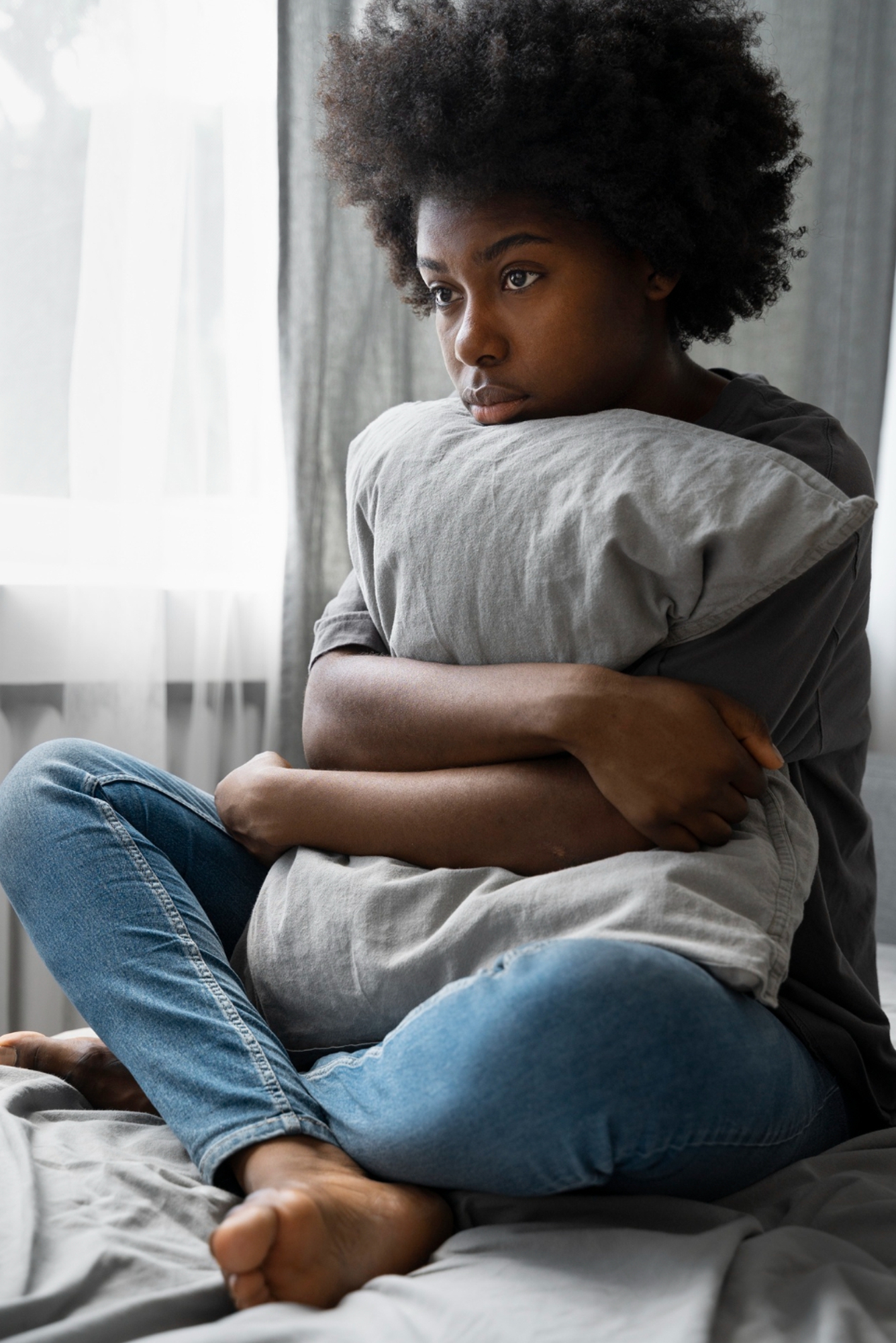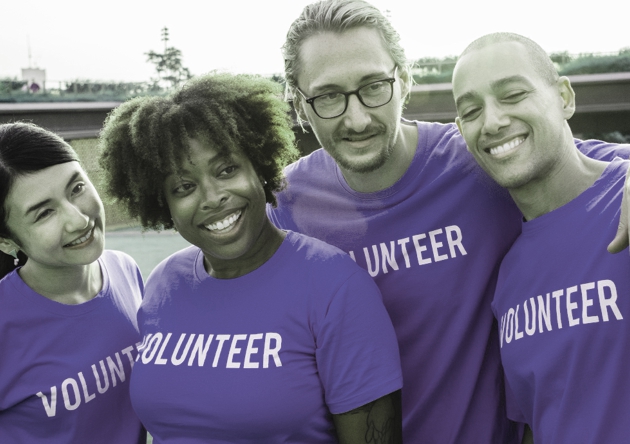
32 Years Helping Women
Break Free From
The Cycle of Abuse

THE CONTROL CHECKLIST: Identifying and Addressing Violence Against Women
Violence and abuse is a serious issue that affects many individuals, especially women. Recognizing the signs of abuse is crucial for empowering survivors to seek help and break free from the cycle of violence. The Control Checklist is a tool designed to help individuals identify various forms of abuse.
- Isolation and Restriction.
- Emotional and Social Isolation.
- Tells you that you cannot do something.
- Displays jealousy about who you see.
- Monitors your time and requires you to account for your whereabouts.
- Prevents you from leaving the house.
- Makes it difficult for you to get a job.
- Restricts your use of the car.
- Attempts to prevent you from contacting your family.
- Turns children against you.
Medical and Emotional Isolation:
- Keeps you from getting medical care.
- Says negative things about your family.
- Withholds affection to punish you.
- Tries to turn people against you.
Control and Domination:
Authoritarian Behavior:
- Demands obedience as if you were a servant.
- Makes decisions without seeking your input.
- Treats you as inferior.
- Treats you like a child.
- Economic Abuse:
Financial Control:
- Makes you account for all money spent.
- Keeps you short of money.
- Forces you to ask for basic necessities.
- Undermines your attempts to improve your education.
- Undermines your attempts to get or keep a job.
- Controls the money.
- Requires you to ask for money.
- Refuses to give you money.
- Makes major decisions about money without consulting you.
Sexual Abuse:
- Pressures you to have sex.
- Forces you to have sex against your will.
- Pressures or forces you into unwanted sex acts.
- Treats you like a sex object.
- Inflicts pain on you during sex.
Psychological Abuse:
- Sudden mood changes.
- Giving the silent treatment.
- Demonstrating anger.
- Shouting or yelling at you.
- Physically intimidating behaviors (pounding fist, hitting the wall, throwing or kicking something, stomping out of the room/house).
Physical Abuse:
- Throws something at you.
- Pushes, grabs, or shoves you.
- Pulls your hair.
- Twists your arm.
- Pins you to a wall, floor, or bed.
- Strangles you.
- Kicks, hits, or punches you.
- Threatens you with a knife, gun, or other weapon.
- Tries to run you down with a car.
- Physically and/or sexually abuses children.
- Harms or kills pets.
- Deliberately deprives you of sleep.
Emotional Abuse:
- Says things to spite or insult you in front of others.
- Puts down your physical appearance.
- Belittles your intelligence.
- Labels you as crazy or irrational.
- Criticizes your care of children/home.
- Calls you names and swears at you.
- Accuses you of having an affair.
- Ridicules family or friends.
- Does not show concern for children's needs or concerns.
- Gets angry when children cry or make demands.
- Invades personal space and belongings (going through purse, drawers, pockets).
- Frightens children's friends to stop them from coming over.
Remember:
Abuse is a Crime. It is Your Right to Live Free from Fear and Abuse. If you or someone you know is experiencing abuse, seek help immediately. There are resources available to support you on your journey to safety and healing
IT IS YOUR RIGHT TO LIVE FREE FROM FEAR AND ABUSE.
Call us. A staff person will listen to you about your situation, and will help you identify your choices so you can decide what “next steps” are best for you.
0+
New women entering
our shelter per month
0+
Mothers and children entering
our shelter per month
0+
Calls per month to the
crisis support line
0+
Women turned away due to shelter capacity per month
What Women Say About
Bethesda House
The violence and abuse I endured at the hands of my husband left me trapped and powerless. It took every ounce of courage I had to leave, but the moment I walked through the doors of Bethesda House, I knew my daughter and I were safe. I finally had hope. At Bethesda House, safety wasn't just a word, it was a promise they kept. The staff created a supportive environment that allowed us to heal and rebuild our lives. I was able to focus on my daughters well-being and my recovery, knowing that I would never be hurt again.
Bethesda House provided me with a way out from my trafficking situation. They helped me create a plan to leave and kept me safe when I was terrified for my life. I have suffered and found myself trapped and sexually exploited all over Durham Region. The staff helped me feel safe, and didn't judge me. They validated my experiences and gave me tools to re-build my self-esteem. They supported me with my nightmares and spent a lot of time with me when I couldn't sleep. I can't imagine where I would be without their support- thank you.
Bethesda House is more than a shelter, it is a home. I had to escape my family's home because they were abusing me and stealing my money, I went to Bethesda House. I felt safe for the first time in a long time. I was able to sleep, share my experience of being taken advantage of and hurt by my adult son, and learnt tools to move forward in my life. They helped me to relocate and I now live free and feel safe in my very own home.


Are You Ready to Join
Our Team Member ?
Bethesda House welcomes and encourages applications from, and provides equal student opportunities to, male and female students, Aboriginal peoples, persons with disabilities, and members of visible minorities. Accommodation will be provided for students with disabilities upon request and if at all possible. Bethesda House is an LGBTQ positive space.

